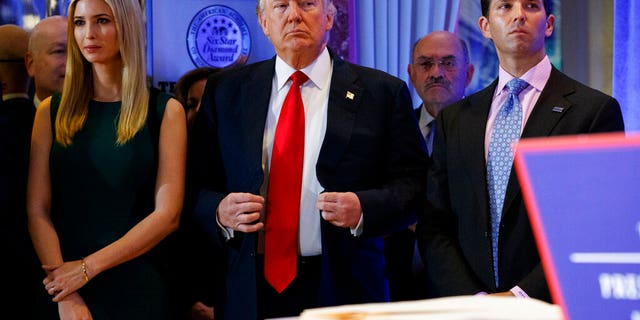SAN
FRANCISCO (AP) — A group of states led by Texas is expected to announce
an investigation into Google on Monday to examine whether the Silicon
Valley tech giant has gotten too big and effective at stomping or
acquiring rivals.
The probe is the latest
blow against big tech companies as antitrust investigations ramp up in
the U.S. and around the world. A separate group of states announced an investigation into Facebook’s dominance on Friday. The Department of Justice , the Federal Trade Commission and Congress are also conducting probes.
Texas
Attorney General Ken Paxton has said only that the investigation will
look at “whether large tech companies have engaged in anticompetitive
behavior that stifled competition, restricted access, and harmed
consumers.” Reports in The Washington Post and The Wall Street Journal
say Google will be the primary target.
Google
expects state attorneys general will ask it about past similar
investigations in the U.S. and internationally, senior vice president of
global affairs Kent Walker wrote in a blog post Friday .
Google’s
parent company, Alphabet, has a market value of more than $820 billion
and controls so many aspects of the internet that it’s hard to imagine
surfing the web for long without running into at least one of its
services. Experts believe the antitrust probe could focus on at least
one of three aspects of Google’s business that have caught regulators’
eyes.
An obvious first place to look could
be online advertising. Google will control 31.1% of global digital ad
dollars in 2019, according to eMarketer estimates, crushing a distant
second place Facebook. And many smaller advertisers have argued that
Google has such a stranglehold on the market that it becomes a system of
whatever Google says, goes — because the alternative could be not
reaching customers.
“There’s definitely
concern on the part of the advertisers themselves that Google wields way
too much power in setting rates and favoring their own services over
others,” said Jen King, the director of privacy at Stanford’s Center for
Internet and Society.
Critics often point
to Google’s 2007 acquisition of online advertising company DoubleClick
as pivotal to its advertising dominance.
Europe’s
antitrust regulators slapped Google with a $1.7 billion fine in March
unfairly inserting exclusivity clauses into contracts with advertisers, disadvantaging rivals in the online advertising business.
Another
visibly huge piece of Google’s business is its search platform, often
the starting point for millions of people when they go online. Google
dwarfs other search competitors and has faced harsh criticism in the
past for favoring its own products over competitors at the top of search
results. European regulators have also investigated here — ultimately
fining Google for promoting its own shopping service. Google is
appealing the fine.
Google has long argued
that although its businesses are large, they are useful and beneficial
to consumers. But it appears regulators are growing more concerned not
just with the effects on regular internet users, but on smaller
companies as well.
“On the one hand, you
could just say, ‘well Google is dominant because they’re good,’” King
said. “But at the same time, it’s created an ecosystem where people’s
whole internet experience is mediated through Google’s home page and
Google’s other products.”
One outcome antitrust regulators might explore is forcing Google to spin off search as a separate company, she said.
Then
there’s Google’s smartphone operating system, Android. Another
acquisition of Google’s, the system is the most widely used in the
world.
European regulators have also fined
Google to the tune of $5 billion for tactics involving Android, finding
that Google forced handset makers to install Google apps, thereby
increasing its reach. Google has since allowed more options for
alternative browser and search apps to European Android phones.
It’s
also possible U.S. states won’t follow in Europe’s footsteps. They
could, for instance, focus on areas such as Google’s popular video site
YouTube, yet another acquisition Google made, that time in 2006.
Google executive Walker emphasized that the company’s products help people every day.
“Google
is one of America’s top spenders on research and development, making
investments that spur innovation: Things that were science fiction a few
years ago are now free for everyone_translating any language
instantaneously, learning about objects by pointing your phone, getting
an answer to pretty much any question you might have,” he wrote.














